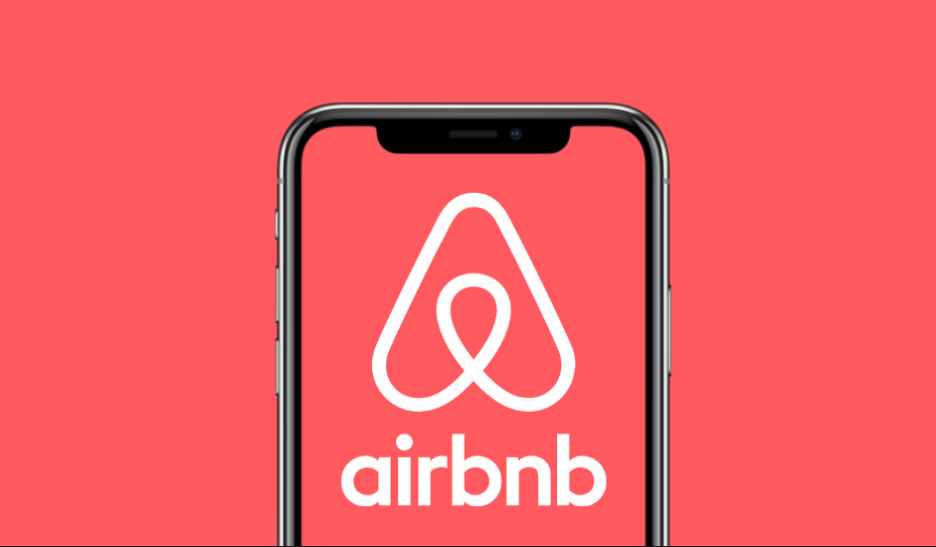

So there can be legal issues, for example: There have been attempts to reform Swiss law on Airbnb to create more clarity for hosts and tenants, but without results so far. It falls under the Swiss “Subletting Act”. Rules and legal issues with Airbnb in SwitzerlandĪirbnb rental is legal in Switzerland.
Many Bnb’s, youth hostels, campings and resorts with holiday apartments are regulated by Parahotellerie Schweiz. Many Swiss hotels are members of HotellerieSuisse. Holiday homes and apartments are checked and classified by the Swiss Tourism Federation. This is different for many other types of Swiss accommodation. It will depend on your host whether guidelines for safety, hygiene and comfort are met. There is no official Swiss organization that checks Airbnb’s or provides a third party for guests to complain. In reality, a host may not comply to such formalities. If there is a local guest card for discounts or free traveling, guests should get one. The booking platform will decide if the cancellation is reasonable. Hosts have to prove that they’re not able to host, or that they expect their guests to break the rules. 
Hosts can cancel your reservation, usually up to 24 hours before the rental period starts.The owner of your rental property might be hard to reach. In case of problems, there won’t be staff at your disposal. There’s no reception and there are no other services as in hotels.You may have less privacy than in a hotel or holiday apartment.Airbnb’s can be relatively cheap, but they don’t have to be.Possible disadvantages for you as a tourist






 0 kommentar(er)
0 kommentar(er)
